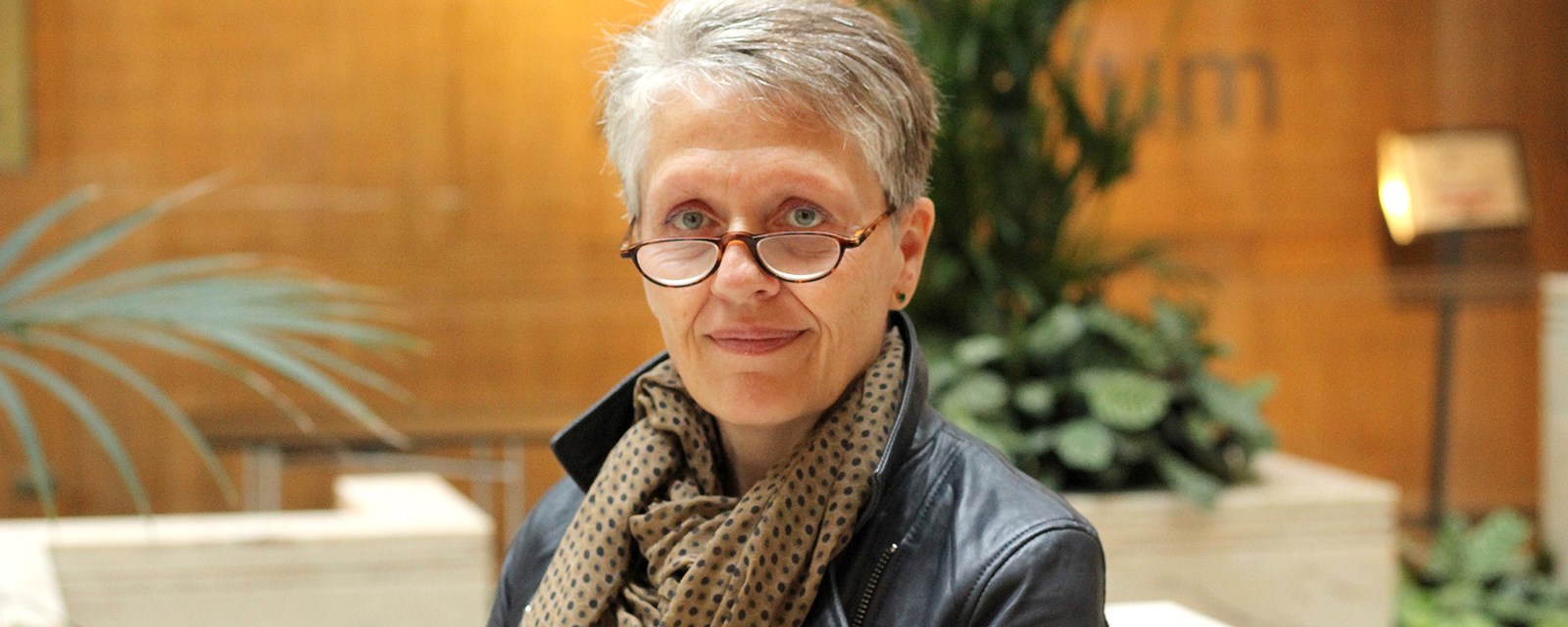
Dr Elizabeth Haxby on being an RSM Trustee
Dr Elizabeth Haxby is lead clinician for clinical risk at the Royal Brompton Hospital and from 2018 to 2020 was President of the RSM’s Patient Safety Section. As she prepares to stand down as RSM Trustee later this year, she offers some insights into the roles and responsibilities that come with joining the RSM Council.
A two-way learning experience
In deciding to put myself forward as a Council Trustee I felt that my experience in clinical risk, patient safety, human factors and healthcare law might be useful in supporting the RSM to achieve its wider mission in healthcare education and innovation.
There are unique opportunities for multidisciplinary and cross-specialty learning at the RSM which I was keen to explore and support. As an NHS consultant I had limited experience of the charity sector and the role of trustees, and I was keen to learn more and develop professionally in a different environment.
Stepping up to the challenges
I have had the opportunity to meet and work with some amazing people at the RSM and get to grips with aspects of finance, charity law, property management, hotel and catering and library services, as well as understand the complexities of running a membership organisation and delivering a multifaceted, internationally renowned, high quality medical education programme.
COVID-19 resulted in major changes to the way the RSM works with profound impact on the day-to-day running of the organisation and the people who work here as employees and volunteers. This meant that the Council and Trustees had to wrestle with unprecedented challenges to ensure the RSM continued to serve its members and achieve its charitable objectives.
My Trustee experience has been rewarding personally and professionally, and I hope that my contribution has been valuable. Being a Trustee carries significant responsibility and as well as regular meetings, updates and events there are many demands on your time and expertise to support the RSM senior management team, Sections and staff.
Contributing to staff morale
During the pandemic I worked closely with the RSM’s Head of Human Resources to develop and deliver a Staff Wellbeing strategy and programme, aimed at supporting those staff working from home, on furlough or who sadly were made redundant, as well as those who left to take up new roles elsewhere. I was glad to be able to contribute to staff morale and understand their experience in such a challenging environment.
Advice for potential Trustees
I think there are three main things potential trustees need to do. The first is to understand the RSM vision, mission and overall strategy and to be clear how you can contribute. Then you need to consider how much time you have to commit personally and professionally to the RSM as an organisation and charity. Finally, keep an open mind about what you can learn and the challenges you will face. The need to grapple with things you had no prior interest in, knowledge of or inclination for should not be underestimated but can be extremely rewarding.
What the RSM means to me
The RSM has been very important throughout my career as a place of education, learning, networking and social interaction. I have enjoyed meeting colleagues in all sectors of health, social care and charity in the UK and beyond, exploring many topics and hearing different views and opinions in a wonderful building as well as online.
The RSM has a vital place in delivering education and training to healthcare teams across the world and is almost unique in its approach, and the opportunities it offers to anyone who is interested to be part of it.
On Monday 28 March nominations will close for positions on Council of the Royal Society of Medicine, the governing body of the Society.
Follow this link for more information about the nomination process
